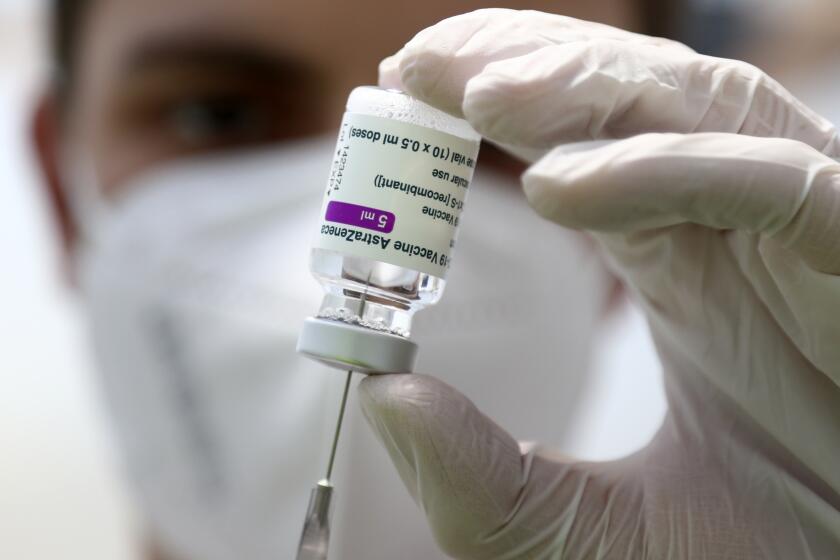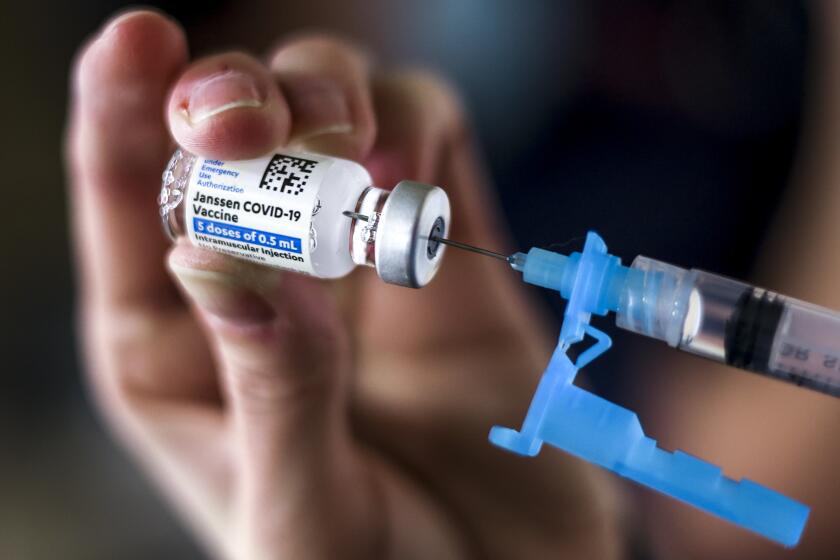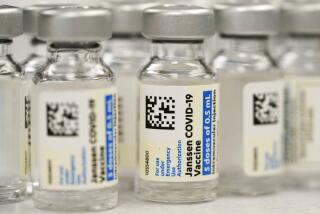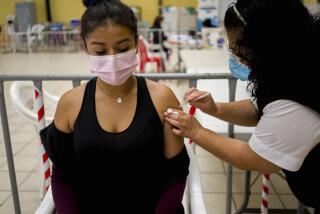EU drug regulator encourages AstraZeneca vaccine recipients to get second dose
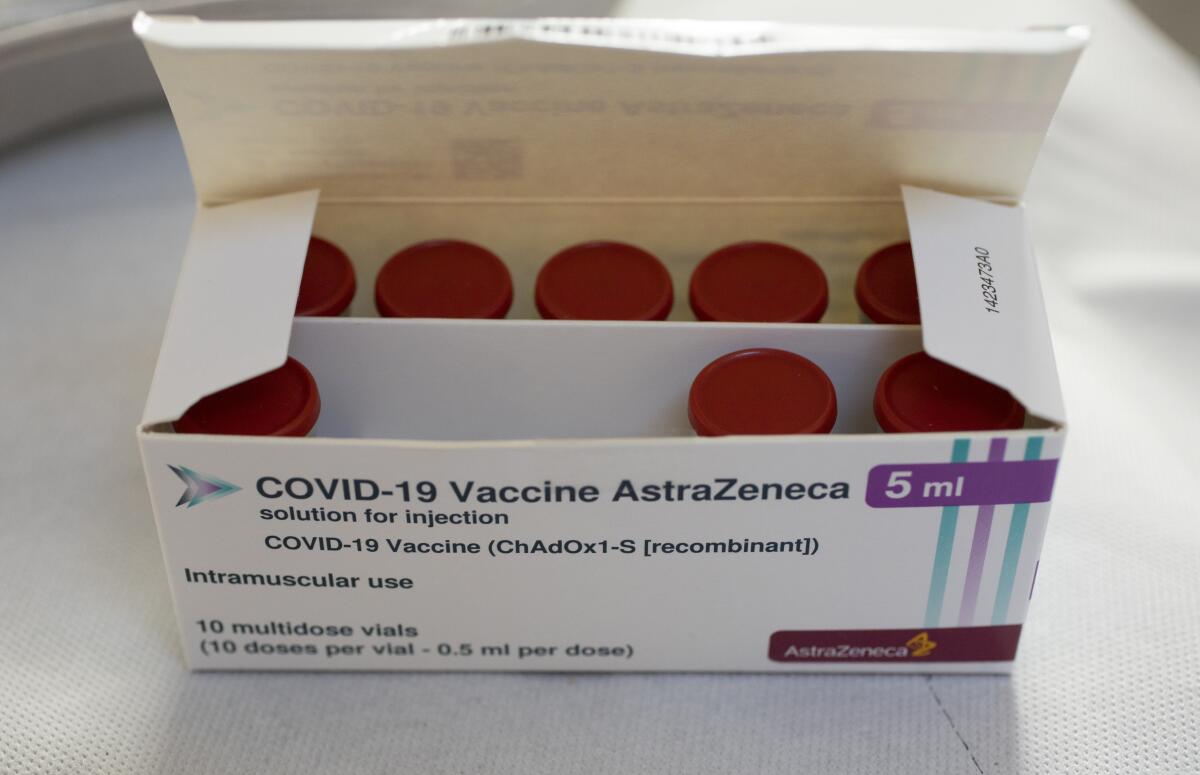
LONDON — The European Union’s drug regulator said Friday that people who have received their first dose of AstraZeneca’s COVID-19 vaccine should also get the second one despite the rare risk of blood clots that have been linked to the shot.
In new guidance, the European Medicines Agency reiterated that the benefits of immunization far outweighed the risks of the unusual clotting disorder and that recipients of the AstraZeneca vaccine should get their second dose four to 12 weeks after the first one.
“At this stage, the available data supports continuing to give a second dose of the vaccine,” Noel Wathion, the agency’s deputy executive director, said.
The agency said it wasn’t known whether the risk of a rare blood clot after a second dose might be different from that engendered by the first shot.
In its analysis of Europewide AstraZeneca data, the EMA also said there still wasn’t enough information to know who might be more susceptible to the unusual clots.
Earlier this month, the Amsterdam-based drug regulator for the 27-nation EU said there was a “possible link” between the AstraZeneca vaccine and rare blood-clotting disorders, but that the benefits of getting the shots outweighed the risks.
German officials have decided to limit the use of AstraZeneca’s coronavirus vaccine in people younger than 60 after more unusual blood clots were reported.
The EMA previously described the clots as “very rare” side effects and said the vaccine’s labels should be modified so doctors and patients are aware of that.
It’s still unclear exactly how frequently the rare blood clots occur. According to data from the U.K., which has administered more AstraZeneca doses than any other country, there were 30 such cases among 18 million inoculations as of late March.
Last month, more than a dozen countries, mostly in Europe, suspended their use of the AstraZeneca shot over the blood clot issue. Most restarted — some with age restrictions — after the EMA said countries should continue using the vaccine.
The agency this week identified a similar possible link between blood clots and the COVID-19 vaccine developed by Johnson & Johnson. As with the AstraZeneca product, the EMA recommended labeling changes but said the benefits of getting vaccinated outweighed the risks. To date, most of the rare clotting disorders have been reported in women under 60.
Experts said that while the pause on Johnson & Johnson’s vaccine may make sense for the U.S., stoppages in poorer countries would end up costing lives.
The AstraZeneca and Johnson & Johnson vaccines are made using similar technology, but it’s unclear whether that might be partly responsible for the rare clotting disorders.
“We don’t know yet what is the mechanism behind these rare events,” Dr. Marco Caveleri, the EMA’s head of vaccines strategy. He said the agency was starting investigations to try to discern what might be behind the blood clots.
In early April, France said people under 55 who received a first dose of the AstraZeneca vaccine should get other vaccines for their second shot because of the rare clotting risk. Sweden also said people under 65 who had gotten a first AstraZeneca shot would get a different vaccine for their booster shot.
Although research began in Britain earlier this year on whether it’s safe and effective to mix and match different vaccines, including those made by AstraZeneca and Pfizer-BioNTech, no results are yet available.
Some scientists say it’s too early to tell whether mixing vaccines is a wise strategy.
“We are at the limits of where science can give us reliable answers on that,” said Stephen Evans, a vaccine expert at the London School of Hygiene and Tropical Medicine. He said the data published so far on the AstraZeneca vaccine prove that it is helping to stop COVID-19 and that there is no evidence suggesting it shouldn’t be used.
Any restrictions to limit the use of the AstraZeneca vaccine could be disastrous for the global immunization campaign. The United Nations-backed campaign known as COVAX, which is aiming to distribute COVID-19 vaccines to poorer countries worldwide, is heavily dependent on the AstraZeneca shot.
More to Read
Sign up for Essential California
The most important California stories and recommendations in your inbox every morning.
You may occasionally receive promotional content from the Los Angeles Times.
